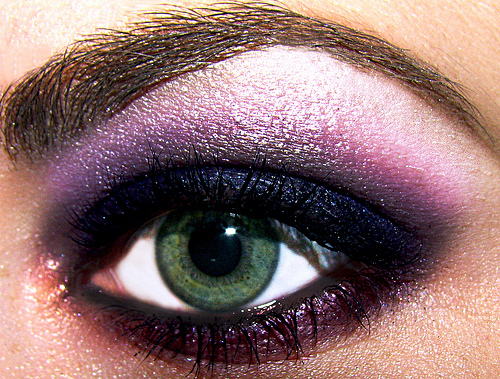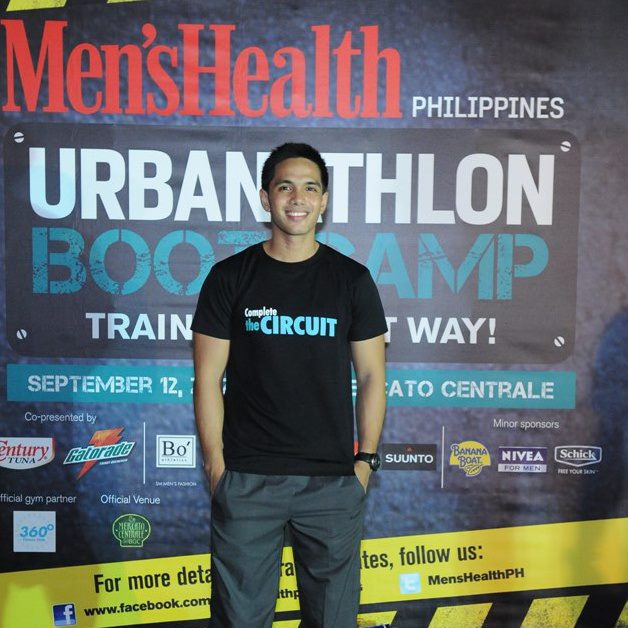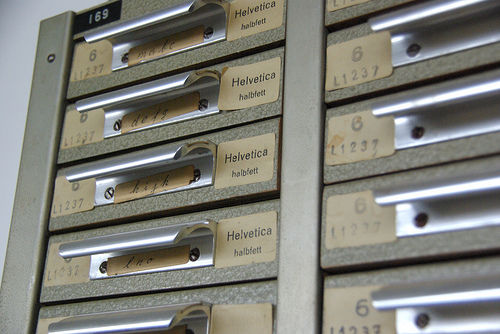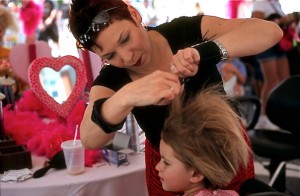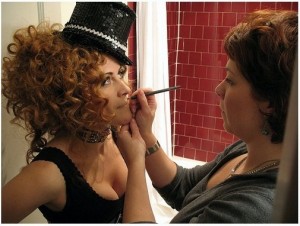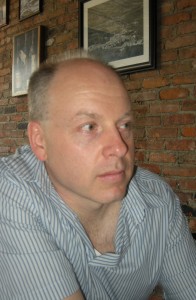You have more than likely heard of Mary Kay Cosmetics. Tina Frantz, is an Executive Senior Sales Director with Mary Kay Cosmetics. When she started with Mary Kay, I am sure she had no idea how much math was going to be involved. Read on to see how math plays a really big part!
Can you explain what you do for a living?
I sell Mary Kay products to people all over the United States. Other aspects of my job include mentoring other women in the business, teaching them skills to build a successful Mary Kay business including time management skills, business management, money management, emotional management, and other skills specific to the field of buying and selling these products. I also teachcustomers and consultants how to apply cosmetics to themselves and how to take great care of their skin. I oversee the efforts of 900+ women in Mary Kay. Then, I directly teach and coach over 200+ women and men.
When do you use basic math in your job?
I use math every day in my field. Specifically, when I am calculating sales and tax. Simple addition and subtraction is key. Calculating sales tax using percentages is a daily application. On a larger scale, we use math to set goals and break down goals, using averages and numbers all the time. For example, we know that the AVERAGE skin care party will retail around $275.00. We also know that we profit 50 percent of everything we sell. So, if we want to make an average of $400 in profit per week, we should hold about three parties per week. We also know that the average hold rate is 50 percentage. So, to hold three parties, we need to book six parties.
Also, calculating my paycheck is really fun too. I use percentages a lot for that as well. We make 50 percent off everything we sell, but we also make a percentage on what our team sells. That percentage changes depending on the number of people on our team. So, math is very useful and helpful for those purposes as well.
I also track all of my totals to determine what I need to do differently or where my focus needs to be for the next week or month. We are always tracking how many faces we do as a whole group, how much product we sell, and how many people are starting new businesses with us. This helps us to see what we may need to improve on or what we are doing well.
Do you use any technology (like calculators or computers) to help with this math?
I use calculators to determine the percentages and when calculating sales tax. I also use a calculator for calculating my check when the numbers aren’t easy, especially when building a team and adding the sales of the team. However, finding 50 percent is easy because it’s just half of whatever the total number is.
A series of studies over a long period of time determined the averages that I use. I am always tracking numbers daily and weekly to see if theses averages stay true. I track my numbers using a spreadsheet on a computer or tablet.
How do you think math helps you do your job better?
Using math and numbers in my career helps me focus on what makes money. It also helps me to focus on the reality of the effort I am putting into the business, instead of the feelings I may be having about it. Math puts things in black and white. So, if I are feeling frustrated about my results, I can look at my activity and then see that it’s no surprise why the results are the way that they are. Also, I can see how I can increase without being frustrated. It helps me see where our efforts need to be each month. It also helps goals seem more attainable. Mary Kay always said, “You can’t eat an elephant whole, but you can eat it piece by piece.” By breaking down numbers, I can see how truly attainable a “bigger” goal is.
How comfortable with math do you feel?
I feel very comfortable with the math at work. I have not always felt that way. I have had great training and education specifically on how to use this math at work so my comfort level is very high.
What kind of math did you take in high school?
I got through calculus in high school and college. I was not comfortable with it and still don’t feel comfortable with all forms of math. I always felt that I was good at it until my junior year when taking pre-calc. After that, I lost a lot of interest.
Did you have to learn new skills in order to do the math you use in your job?
It was something that I picked up with the skills I obtained in school. However, there were a few times when I needed help. But now, I feel like a PRO! 🙂
There is a lot to this job, right? I find it inspiring! Tina uses a great deal of math to get her products in the hands of customers. If you would like to know more about Tina’s job, let me know and I will connect you with her.
Photo Credit: pumpkincat210 via Compfight cc

